14 Reasons to Love Solar
Love is in the air this week, and at NATiVE, we’re celebrating our one true love: solar! There are so many reasons to love solar, and we’ve picked our top 14 to share with you on this lovely day.
1. Free, Endless Energy from the Sun
The source of solar energy—the sun—is nearly limitless and can be accessed anywhere on earth at one time or another. Readily available to the entire planet, the sun has no prejudice or political boundaries, so the whole world can benefit from its energy.
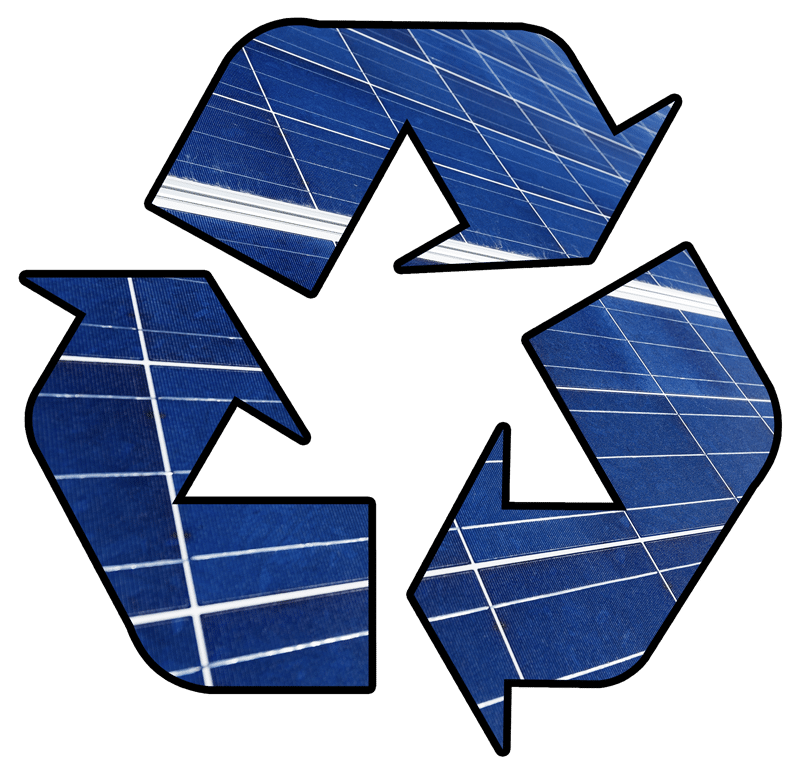 2. Solar is Pollution Free
2. Solar is Pollution Free
Solar energy is a clean, renewable resource with zero carbon emissions. Additionally, solar panels produce no noise or light pollution, making them discrete and a good option for both cities and rural living. Since panels produce no light, they don’t impact nocturnal animals the same way fossil fuels do. The panels themselves can also be recycled at the end of their lives, keeping them out of landfills. and providing valuable materials and jobs.
3. Short Energy Pay-Back Time
Solar panels are a manufactured product that take significantly less energy to fabricate than they produce over their lifetime. According to an article published in Renewable and Sustainable Energy Reviews, the Energy Pay-Back Time (EPBT) for photovoltaic (PV) systems is estimated to be between 1.0 to 4.1 years depending on a number of variables. Beyond the EPBT, it’s all renewable, all the time.
4. Solar is Durable
Solar PV systems have no moving parts and despite popular belief, are not damaged easily. They generally require zero to little maintenance over the lifespan of the system because all solar panels are extensively tested to ensure that they can withstand high winds and extreme weather conditions, such as hail and heavy snowfall. Most solar PV systems will easily last 25 – 30 years. In fact, many of the first solar PV systems installed more than 30 years ago are still going strong!
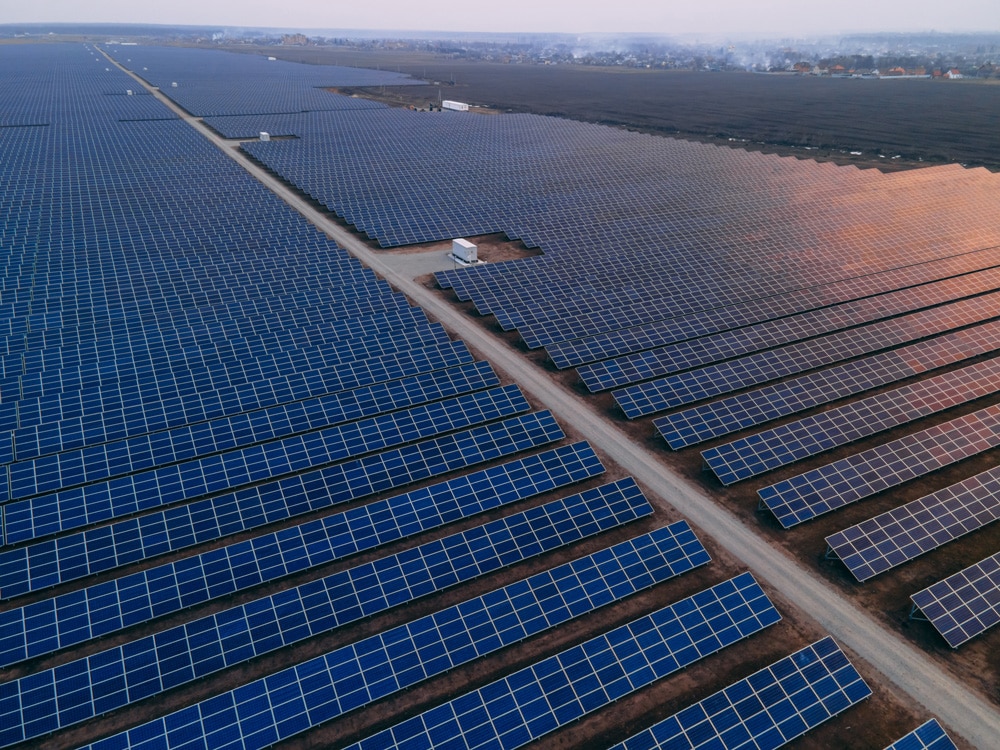
The more distributed assets that are connected to the grid, the more resilient our communities and nation become. Solar energy helps alleviate pressure on the grid, and helps minimize the number of unplanned power outages. This is a true paradigm shift as we move away from the centralized power generation of the past to many, smaller generating facilities across the grid.
6. Solar Minimizes Operations and Maintenance Costs for Power Production
Solar panels have a lower cost of maintenance than traditional energy sources. Coal, natural gas, and nuclear energy require substantial costs to operate, transport, and maintain. With solar panels, depending on the climate and location, there may be no yearly maintenance costs. This is a fantastic benefit because Operations and Maintenance (O&M) typically make up a large portion of a utility company’s budget. By decreasing these costs ratepayers can save money!
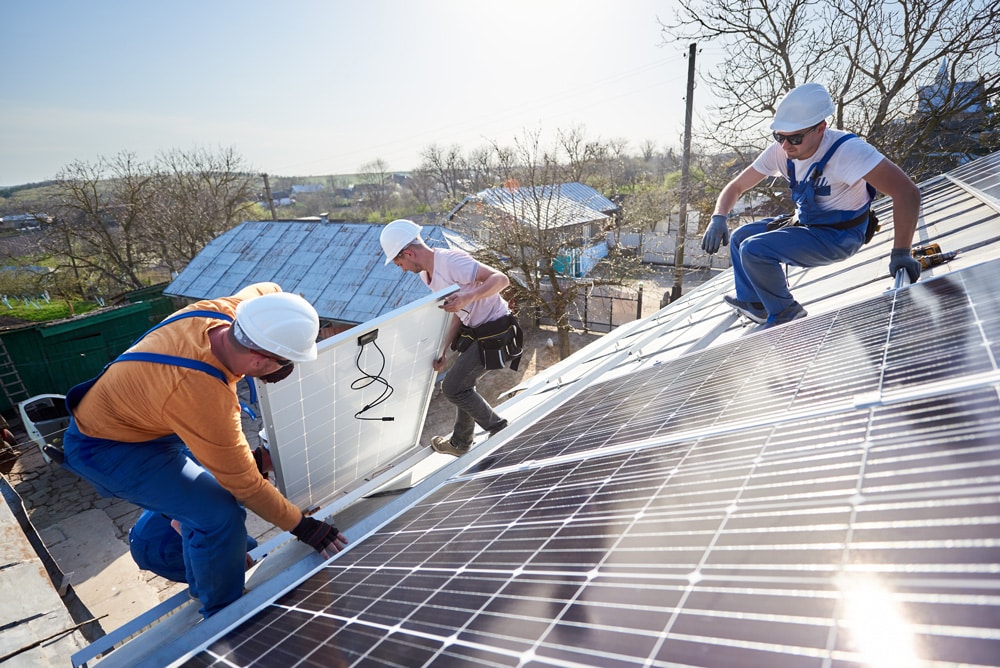 7. Rooftop Solar Panels Protect Your Roof
7. Rooftop Solar Panels Protect Your Roof
Rooftop solar is the best place to install solar panels if you are looking to get the lowest solar panel costs possible. Solar panels on your roof will also extend the life of your asphalt shingle and other similar roof types. This is because the solar panels act as a shield to block the harmful UV rays from the sun. They also reduce the temperature of your roof, which can help reduce the need to turn on your air conditioning.
8. Solar Technology Continues to Improve
New solar technologies are capturing more and more of the sun’s rays. The National Renewable Energy Laboratory has created six-junction solar cells that convert 47% of the captured sunlight into electricity—by comparison, most commercially available modules convert less than 20%.
9. Solar Could Power the World
The amount of sunlight that strikes the earth’s surface in an hour and a half is enough to handle the entire world’s energy consumption for a full year. It would take around 10 million acres of land—or only 0.4% of the area of the United States—to allow enough space for solar PV to supply all of our nation’s electricity. As for the whole world, a new study has found we would only need 50% of the world’s rooftops to be covered with solar panels to meet the world’s yearly electricity needs.
10. Solar Reduces Monthly Electric Bills
Among the most compelling reasons to go solar is that you can eliminate or significantly reduce your electric bill. Your solar savings will depend on a number of variables such as how much energy your system produces and how much you consume, but the biggest factor is the electricity rate that you would otherwise pay to your utility. Given that it is highly likely that electricity prices will continue to rise, your savings will continue to grow over the 25+ year lifespan of your solar PV system.
11. Solar Keeps Energy Costs from Rising
Reducing one of your largest monthly expenses makes perfect sense, but the benefits of solar aren’t just economic. Electricity prices can be unpredictable which makes managing your budget difficult. By installing a solar PV system, you are able to “lock-in” your electricity costs and hedge against unpredictability. This is especially beneficial for anyone with a fixed income, as well as for businesses that stand to gain from more stable cash flow.
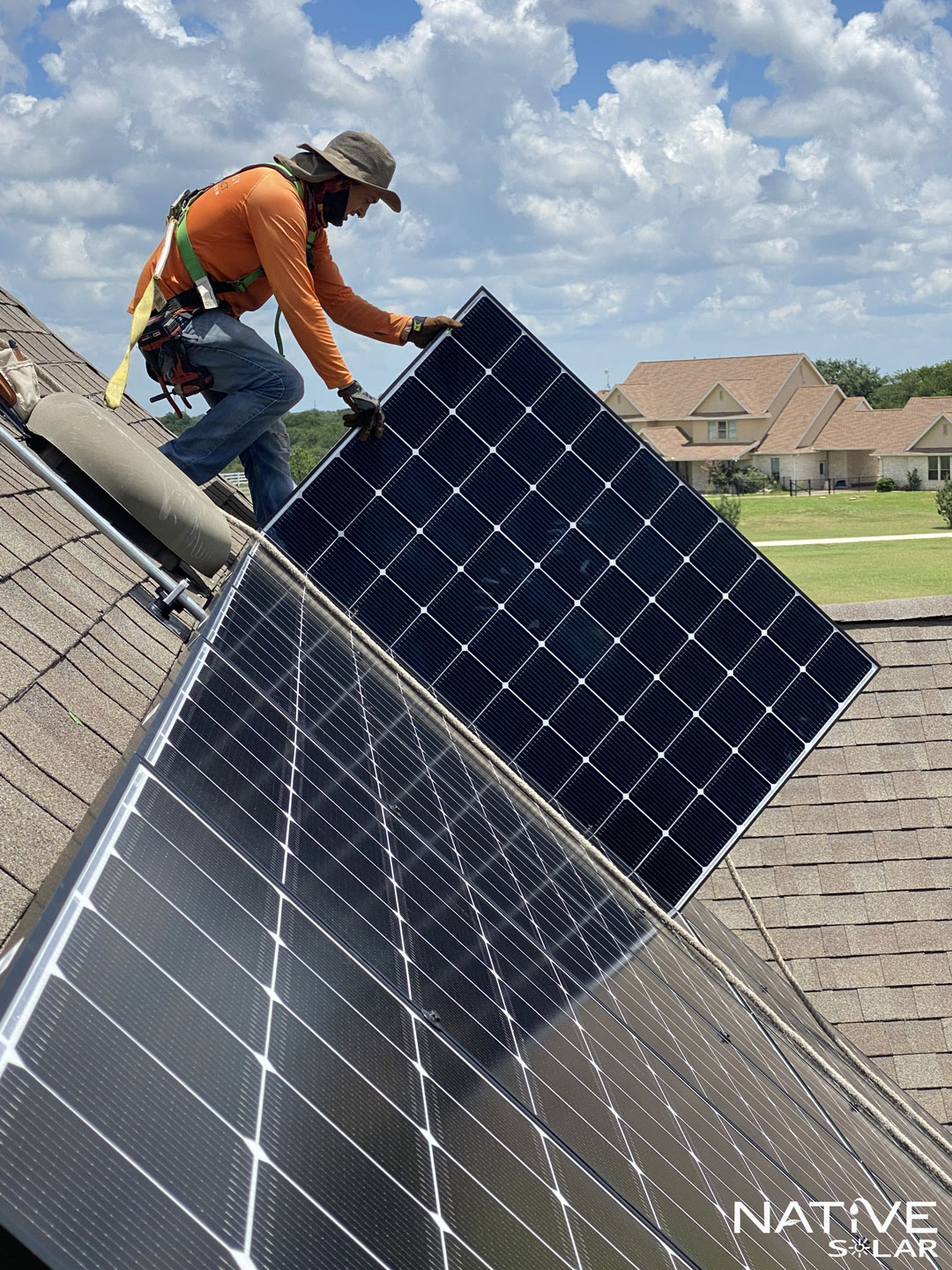 12. Solar Increases the Resale Value of a Home
12. Solar Increases the Resale Value of a Home
If a home has solar panels, it means its owners will be saving money in the long run, increasing the home’s appeal and value. Currently, the demand for solar panels is higher than it ever has been, with home-buyers becoming increasingly environmentally conscious while wanting to save money. Therefore another benefit from going solar is that the value of your home will increase. According to the NREL, every dollar that a solar panel saves you on your electrical bills increases the value of your home by $20. And according to Zillow, homes with solar panels sell for four percent higher than those without them.
13. Solar Creates Jobs and Helps the Economy
The adoption of solar PV isn’t just a way to reduce emissions and meet climate change goals — it’s a vast and powerful global job creator. As of 2021, over 255,000 workers were employed by the solar industry, and it continues to grow each year. Employment of solar photovoltaic installers is projected to grow 27 percent from 2021 to 2031, much faster than the average for all occupations. About 2,500 openings for solar photovoltaic installers are projected each year, on average, over the decade.
14. Solar is More Affordable than Ever
Today, solar panels are 94% cheaper than they were in 1989. As the production and energy-generating capacity of solar panels has improved over the last few decades, the cost has dropped remarkably. In addition, government incentives to go solar are significantly decreasing installation costs. A 30% federal tax credit is in place until 2032, covering almost a third of the system’s installation costs. Likewise, local and state incentives help reduce costs for people looking to go solar.
Love Solar Too?
If you also LOVE solar power and would like to consider a solar PV and/or battery storage system for your home or business, please contact us for a free quote and to schedule a consultation with us.


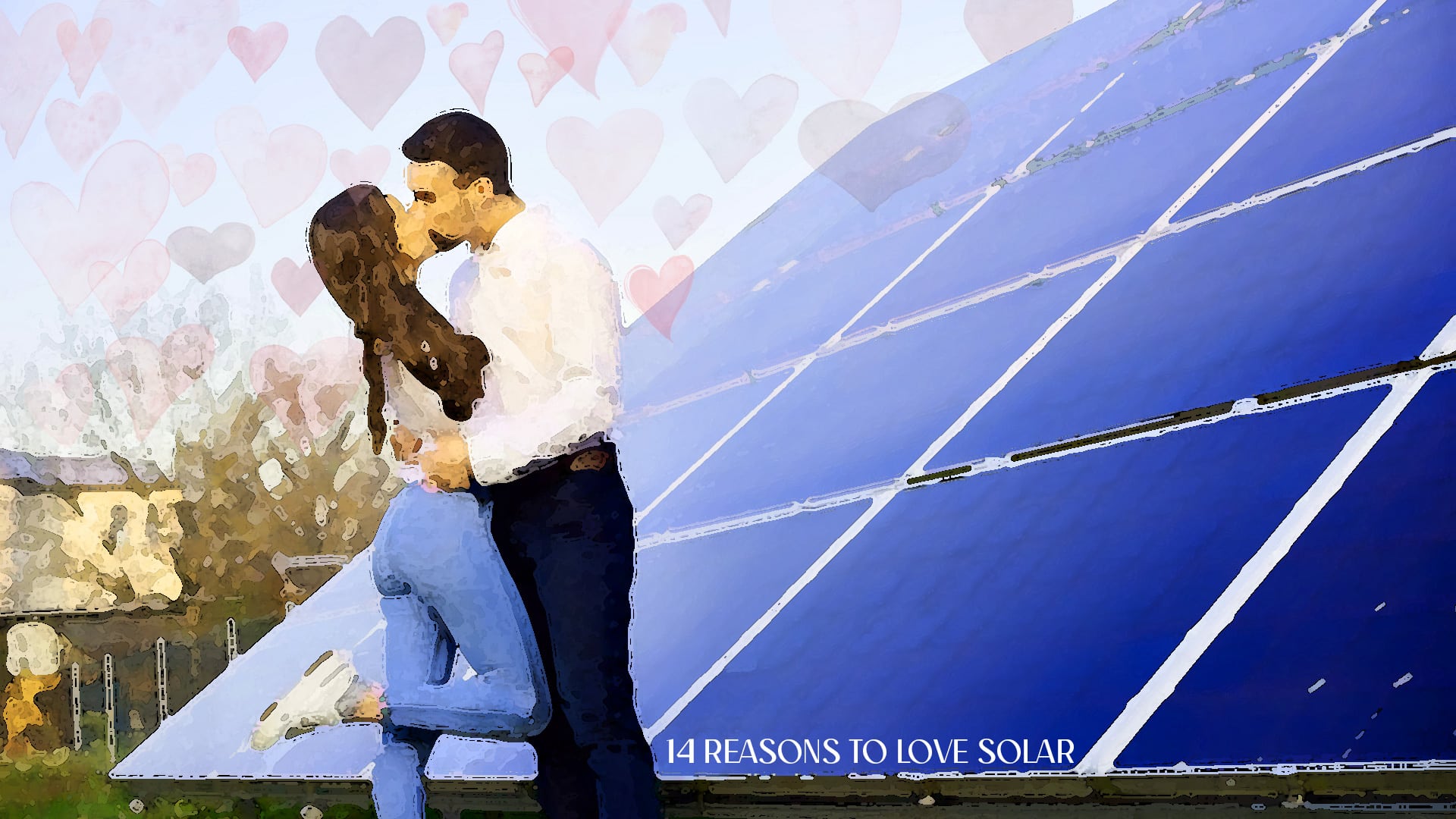


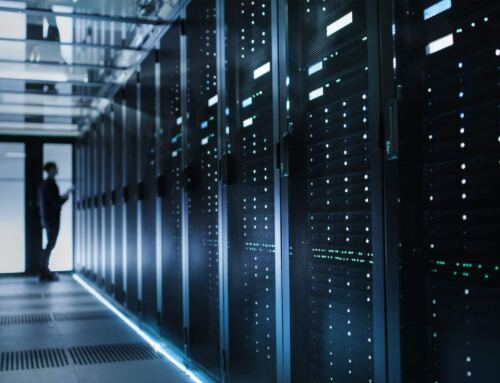

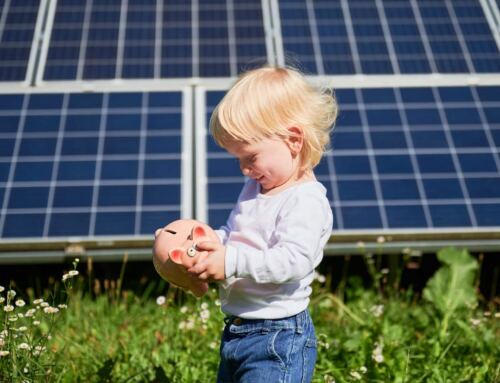

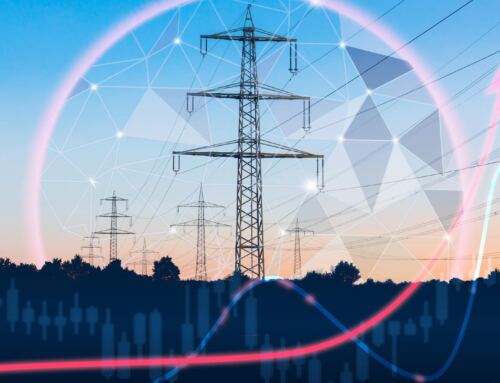
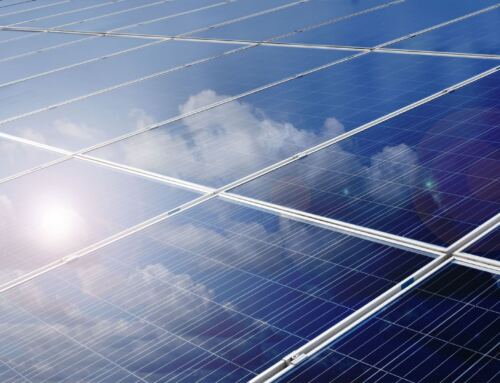
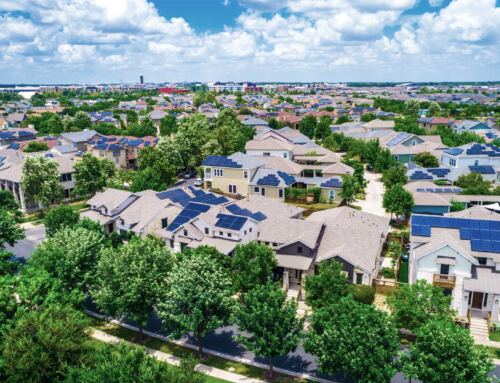
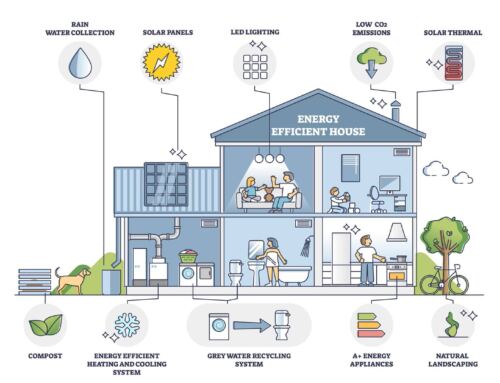
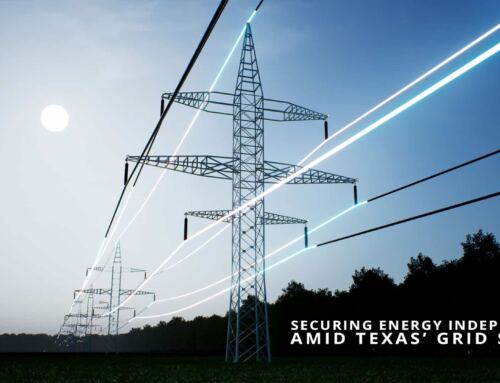
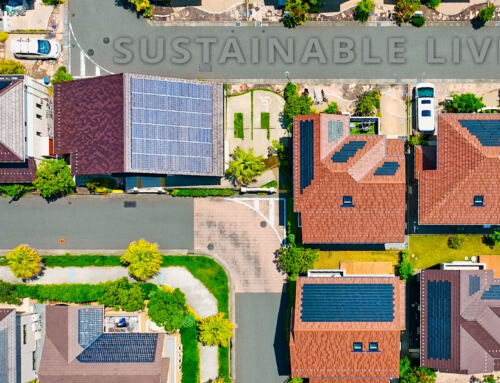
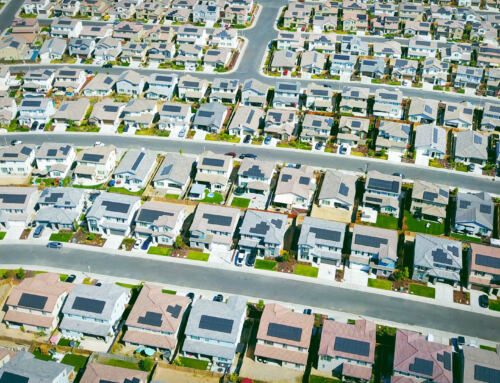
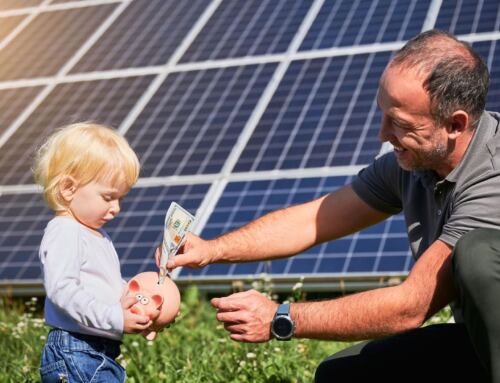
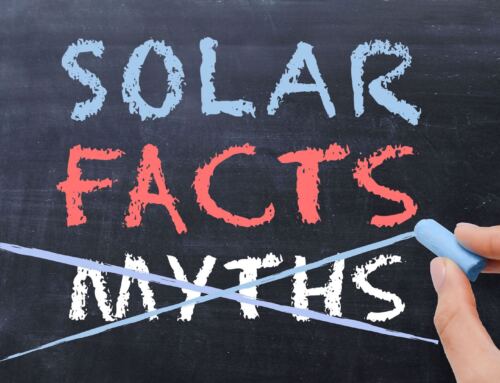

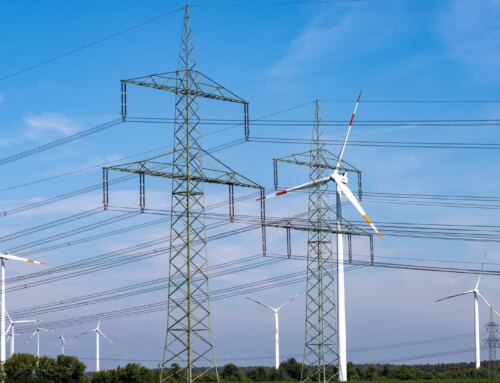
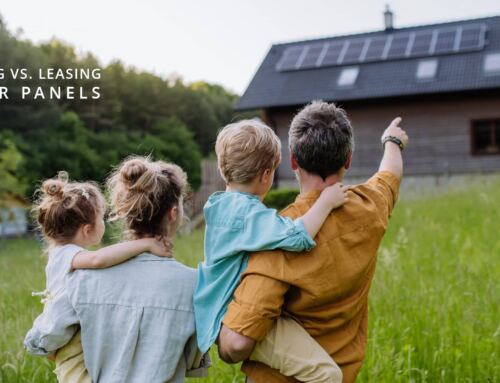
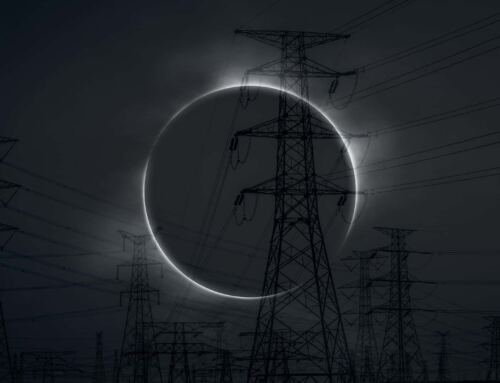
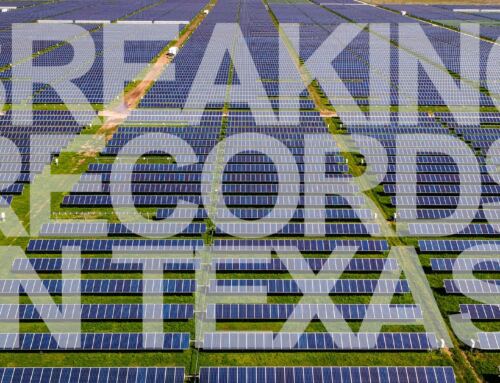
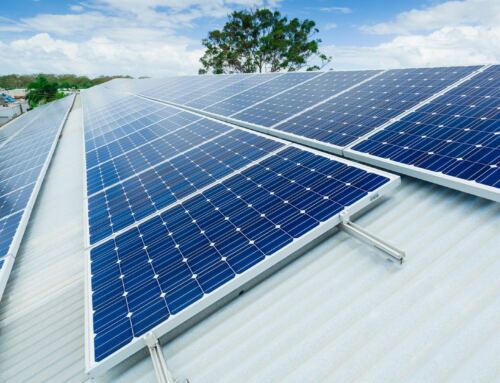
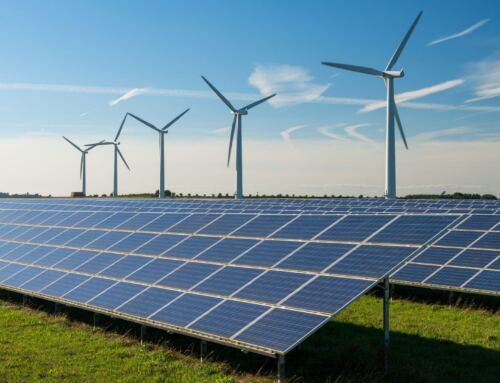

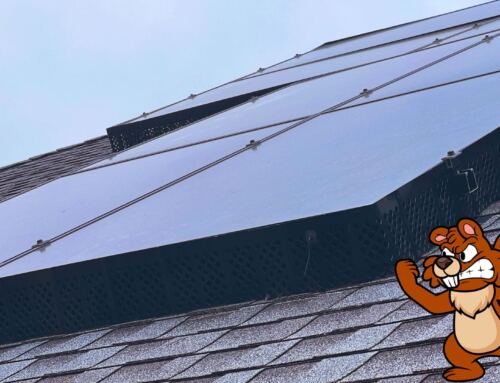

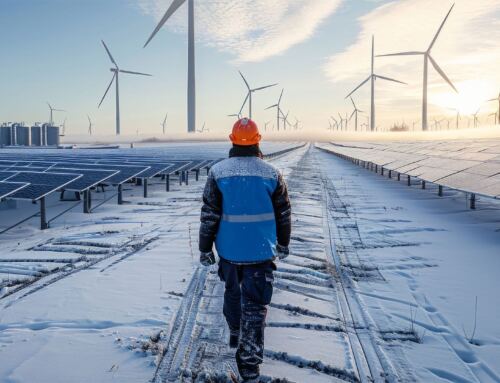
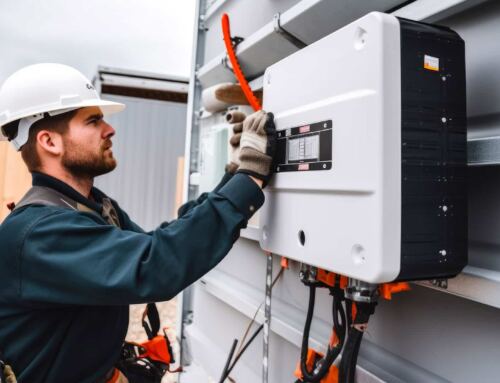
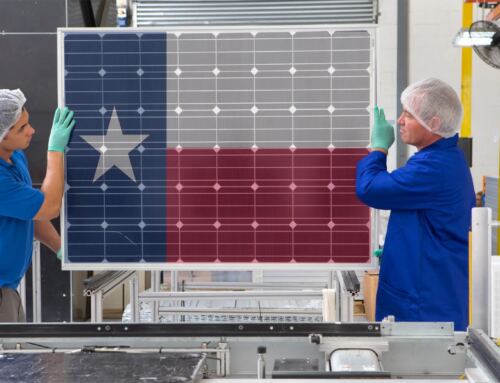
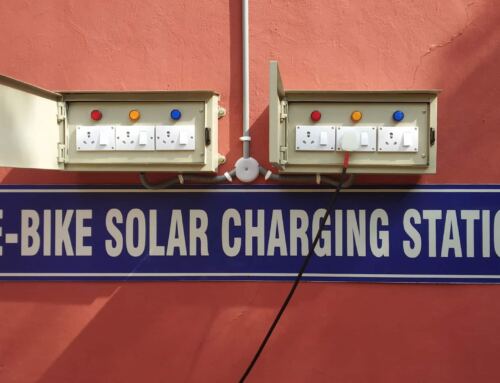

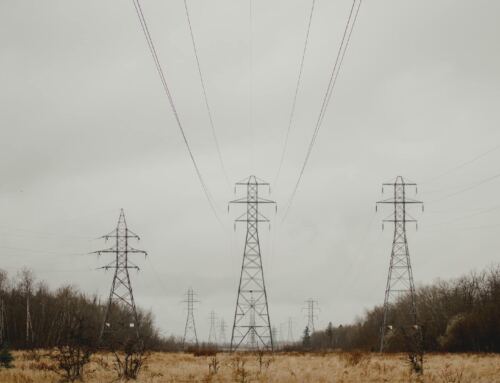
I found it interesting that aside from the free energy source, solar panels can also help us protect our roofs by shielding them against the harmful UV rays from the sun and reducing the temperature on the roof surface. I’m thinking of switching to solar energy soon since our monthly bills kept increasing because of our electrical expenses. I’ll keep this in mind while I look for a contractor to hire for my solar panel roof installation soon.
Your blog post resonated with me on a deep level.
It’s clear that you have a true passion for the subject.
Hi, my sister is tired of rising electricity bills, and with a growing interest in sustainable living, she’s considering transitioning to solar energy. After researching the benefits, including potential cost savings and environmental impact, she’s eager to find a reliable solar installer to begin the process of installing solar panels on her property. I think this is great because you said that the cost of operating, transporting, and maintaining solar panels is less than that of conventional energy sources like coal, natural gas, and nuclear power.